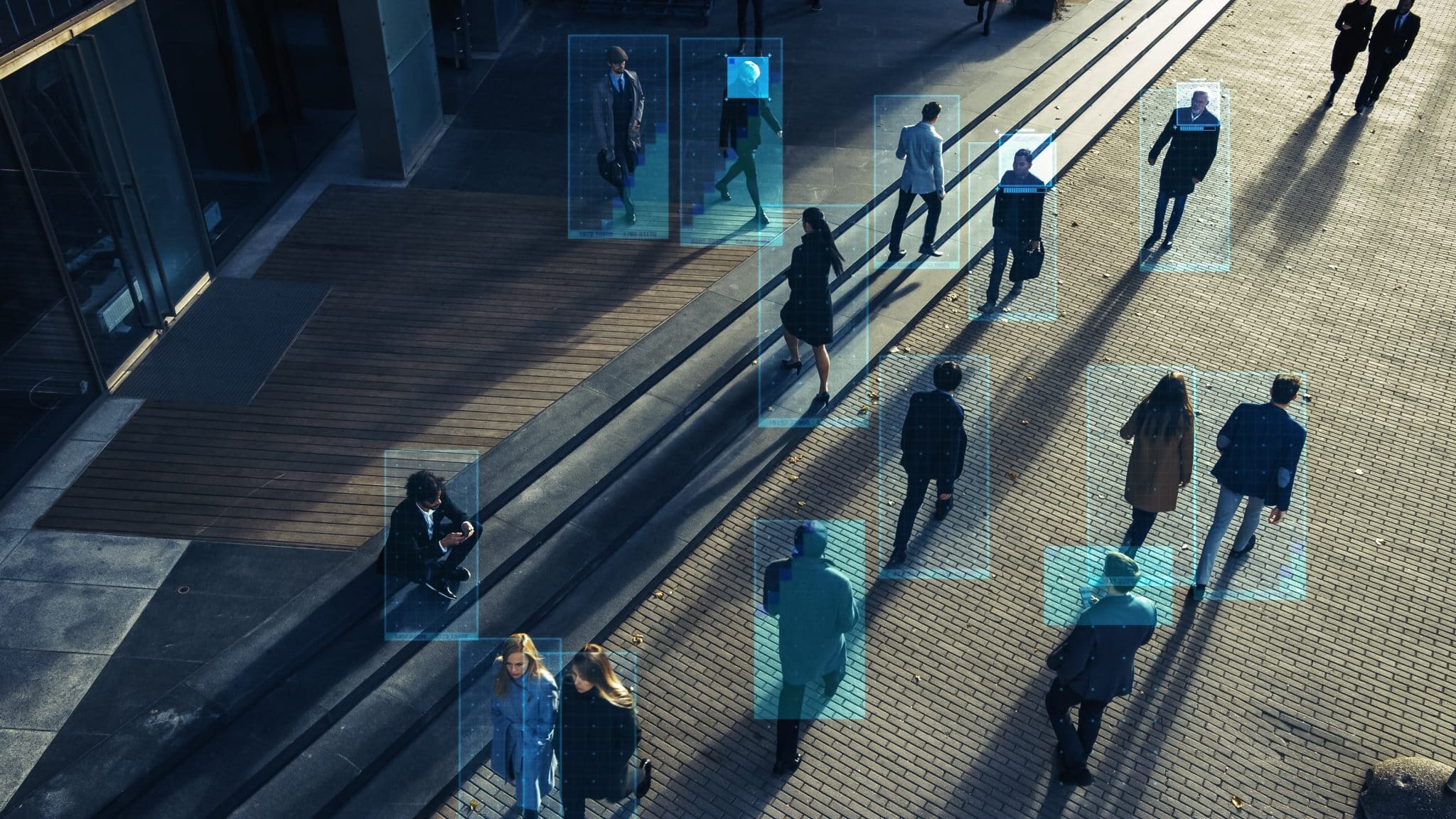Hong Kong residents will be living under watchful eyes with the Hong Kong Police (HKP) committing to a huge increase in the number of CCTV cameras as they integrate with “Sharp Eyes.”
The HKP are planning to connect the city’s MTR cameras to “Sharp Eyes” while expanding the CCTV network. The police aim to connect the systems of the Transport Department, the Leisure and Cultural Services Department, the Housing Department and MTR to Sharp Eyes in phases this year.
This would bring over 20,000 cameras into the network. These departments say their systems currently lack facial recognition capabilities, according to Hong Kong 01. Following implementation of Sharp Eyes the police will no longer need to go to the different departments in person to obtain CCTV footage but will be able to directly view the required video.
Currently, police officers responsible for investigating cases can access all relevant clips in the system as long as they are authorized by officers with the rank of inspector or above. This practice will continue following the connection of systems, according to sources speaking to Sing Tao Global Web.
Sharp Eyes is a project to integrate CCTV images and data into a more easily accessible and analyzable form. This is because the CCTV systems used by different government departments may not be fully compatible and interoperable. Police commissioner Joe Chow Yat-ming has said the project saves on resources and improves crime prevention effectiveness.
The Sharp Eyes surveillance project, however, was initiated from Beijing in the late 2010s with the aim of surveilling all public space in China. The plan, which was outlined in the 13th Five Year Plan released in 2016, seeks to computerize surveillance and has been a launchpad for Chinese companies that sell facial recognition technology. Some of these companies help authorities to racially profile Uighurs, a largely Muslim minority, according to an investigation by The New York Times.
It is unclear how Sharp Eyes works exactly in Hong Kong, which is a Special Administrative Region with different laws to Mainland China. However, Hong Kong has seen crackdowns on free speech and right to protest as Beijing seeks to rein in the territory.
HKP argues the installation and connection of cameras bring locations with high crime numbers and high foot traffic under surveillance to combat crime. Hong Kong’s subway system (MTR) carries more than five million passengers daily. The phased integration to Sharp Eyes is to enhance crime prevention, the police say. To ensure compliance with privacy laws, the HKP say it will engage an “independent consultant” to conduct a Privacy Impact Assessment and seek advice from the Department of Justice and the Privacy Commissioner for Personal Data.
The police said that as of April 2025, Sharp Eyes has assisted in detecting 292 criminal cases (mainly involving theft, burglary and assault) and a total of 512 people have been arrested.
Facial recognition technology has been piloted in Chung Ying Street, which is found at the border with the neighboring city of Shenzhen in Mainland China, in the fourth quarter of 2024. It is not known how many cameras have facial recognition capabilities in Hong Kong. The HKP are exploring facial recognition to assist in the identification of suspects.
The HKP installed 615 sets of CCTV last year and will install another 1,385 sets of CCTV this year, with a target of installing 6,000 to 7,000 cameras by 2027. The city has more than 54,500 public CCTV cameras, around seven cameras per 1,000 people, according to data from research firm Comparitech.
Related Posts
Article Topics
biometric identification | biometrics | cctv | China | facial recognition | Hong Kong
Latest Biometrics News
Tonga has launched its TongaPass digital ID, a new digital government portal with which the Tongan government wants to transform…
Nebraska and Vermont have joined the list of U.S. states introducing stricter rules for minors accessing social media platforms and…
Legislation to restrict youth access to pornography with age checks has returned to the floor of Canada’s parliament. Bill S-209…
The OpenID Foundation has announced the results on an interoperability demonstration held in May with various digital identity credentials, like…

